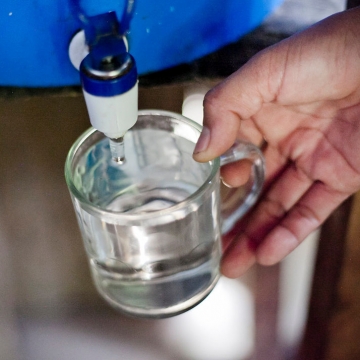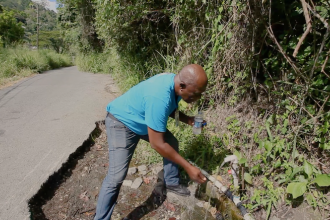COVID-19 and Handwashing: Implications for Water Use in Sub-Saharan Africa 20-18
Because the main modes of transmission of the COVID-19 virus are respiration and contact, WHO recommends frequent washing of hands with soap under running water for at least 20 seconds. This article investigates how the level of concern about COVID-19 affects the likelihood of washing hands frequently in sub-Saharan Africa. The study makes use of a unique survey dataset from 12 sub-Saharan African countries collected in April 2020 (first round) and May 2020 (second round) and employs an extended ordered probit model with an endogenous covariate.



